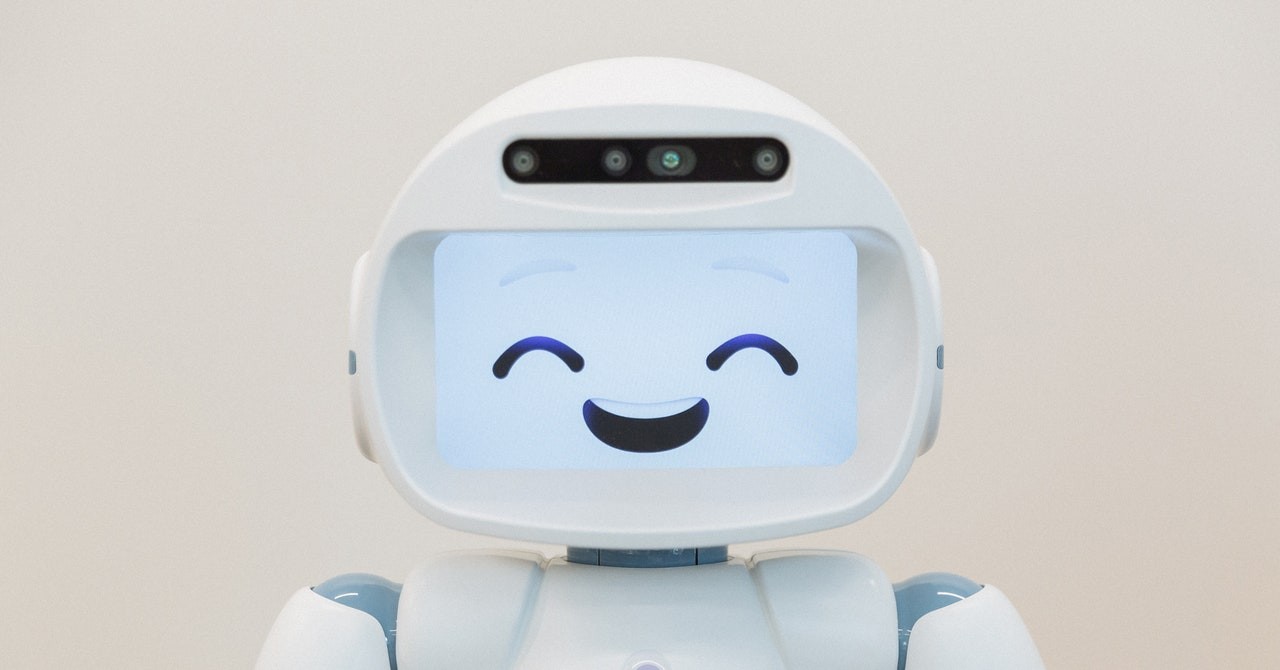
The AI robotics company Embodied announced its shutdown this week, leaving owners of their flagship product Moxie - an AI-powered social robot designed for autistic children - in a difficult position as their $799 companions will soon cease functioning.
Moxie, characterized by its blue exterior and Pixar-like expressive face, relied on cloud-based large language models for its interactive capabilities. With Embodied's closure, these robots will lose their ability to communicate and function, effectively rendering them inoperable.
The company's sudden closure has left customers without recourse - no refunds will be provided, even for those still paying through installment plans. The shutdown FAQ provided by Embodied offers little hope for continued service or potential takeover by another company.
The emotional impact on families has been particularly harsh. Parents now face the challenging task of explaining to their children why their robotic companion will stop working. While Embodied provided a letter to help facilitate these conversations, social media platforms are filled with videos of distressed children and adults coming to terms with their Moxie robots' imminent shutdown.
This situation highlights broader concerns about cloud-dependent AI products and their sustainability. The high operational costs of running large language models, combined with Silicon Valley's business practices, have created a precarious situation where expensive consumer products can become worthless overnight.
The case of Moxie isn't unprecedented - a similar situation occurred with Vector robots previously. However, what makes this closure particularly striking is that Moxie was actively being sold as a premium product until very recently, with a specific focus on supporting children with autism.
As the AI industry continues to evolve, this incident serves as a cautionary tale about the risks of cloud-dependent AI products and raises questions about the wisdom of using AI-powered devices for critical developmental support.
Note: Only one link was contextually appropriate and could be inserted without altering the text structure. The other provided links about the Matrix network and D-Link routers were not directly relevant to the article's content about AI robots and Embodied's shutdown.